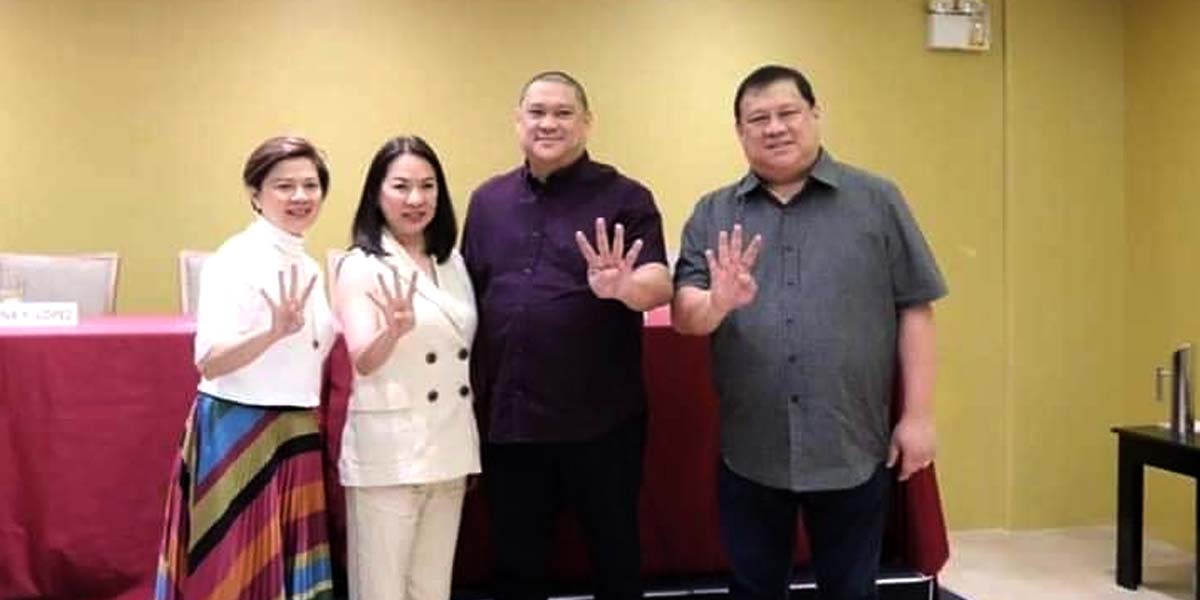![]() By Reyshimar Arguelles
By Reyshimar Arguelles
In the wake of the Novel Coronavirus Outbreak that spread from Wuhan, China to over 25 countries, the World Health Organization has declared a global health emergency. With over 10,000 cases and 362 deaths (as of Monday) recorded in China alone, the nCov scare has sown widespread panic the likes of which we have not seen since the SARS epidemic of 2002.
News outlets across the globe are producing an endless stream of updates, tallying the number of confirmed cases and deaths, and documenting how governments are securing their citizens from both the virus and racially-charged fear-mongering.
There is not much difference in the hysteria that SARS and nCoV have produced, although it is still worth noting how information can spread faster than the rate of infection in the age of social media.
But when the nCoV outbreak had started to gain traction in the mainstream media after China had alerted the world about the disease, it took some time before the government implemented travel restrictions. While other countries were securing their borders and activating their contingency plans, the Department of Health seemed to dilly-dally in suggesting a temporary travel ban.
The clamor for a travel ban intensified right when Health Secretary Francisco Duque III warned of “possible repercussions.” In an ambush interview, President Duterte himself was not too keen about implementing travel restrictions to Chinese visitors. As the numbers of confirmed nCoV cases began to stack up, the administration’s handling has been put into question with citizens invoking Duterte’s own pro-China policies.
In such trying times when public health is under threat, the government has the responsibility of doing what it can to protect its citizens regardless of the alliances it wants to foster. For sure, there is nothing racist about imposing a travel ban on Chinese people, given that such a decision is a necessary step towards containment—that is if it is combined with other interventions such as the availability of vaccines.
Fortunately, nCoV appears to be less deadly to people with stronger immune systems. But the threat seems to be too much for Filipinos who have no qualms with Chinese people and who at the same time agree to a temporary travel ban. But much like the SARS outbreak, nCoV has prompted some twisted individuals to peddle their Sinophobic agendas.
There is a special place in the Earth’s core for people who would think that residents in Wuhan and other parts of China deserve the virus. Such vapidness is symptomatic of the digital age where there is hardly any space for genuine discussion on global health and the humanitarian implications of virus outbreaks.
These people are nut jobs, but there is another breed of simpletons who think they are doing humanity a service. As the Duterte government was pilloried for its supposed inaction, the President’s supporters launched an offensive protecting the decision to delay a travel ban.
His supporters cited humanitarian reasons, accused those who are against the travel ban for being racist and xenophobic, and went as far as comparing the situation to a Korean zombie movie in a bid to shame those who refuse to be good Samaritans let alone decent human beings. They even went after their fellow pro-Duterte supporters who wanted nothing more than to have a President who actually cares about public health and safety.
Their sense of humanity should not be questioned—but it’s hard to ignore the fact that these champions of humanity were once cheerleading the government’s fruitless Drug War all the while calling innocent victims who were caught in the crossfire as unavoidable casualties.
Where’s the humanity in that? There’s only a shallow sense of morality, one that’s only valid when the administration is attacked for being impotent in a time of crisis.
Indeed, racism and misinformation have no place in a time when we need to vigilant and decisive. But there’s also no place for flaunting your sordid form of morality for the sake of politics.





















